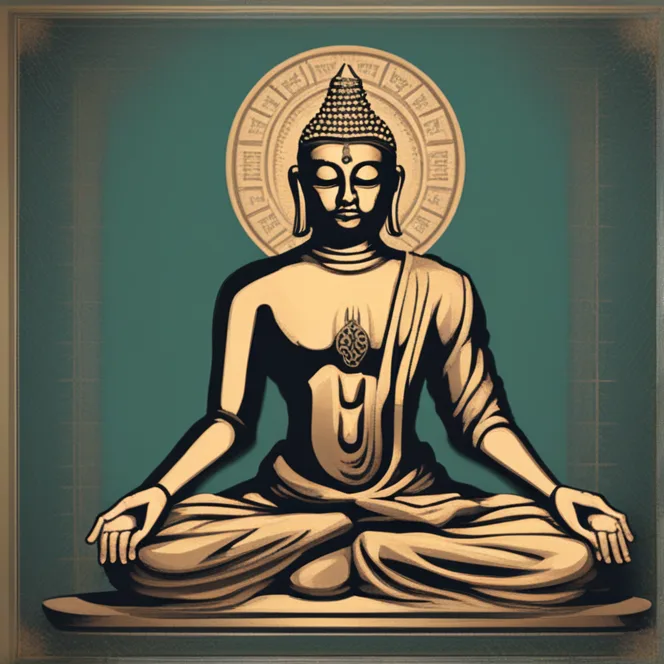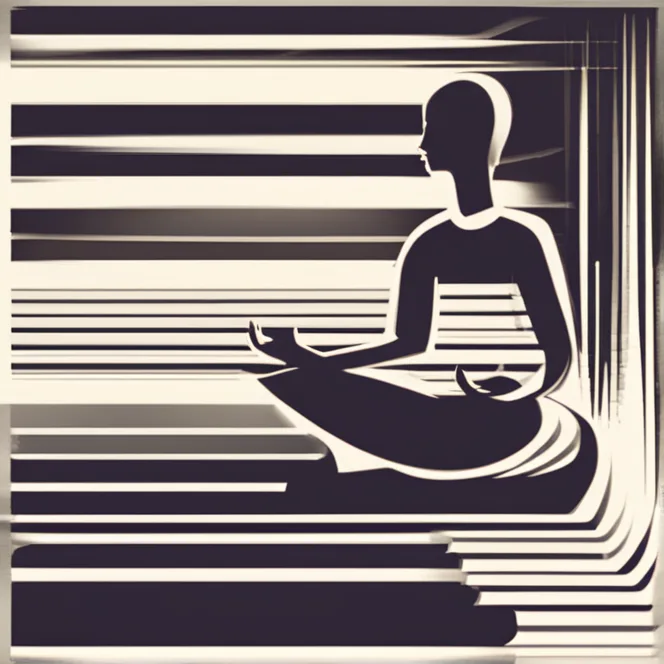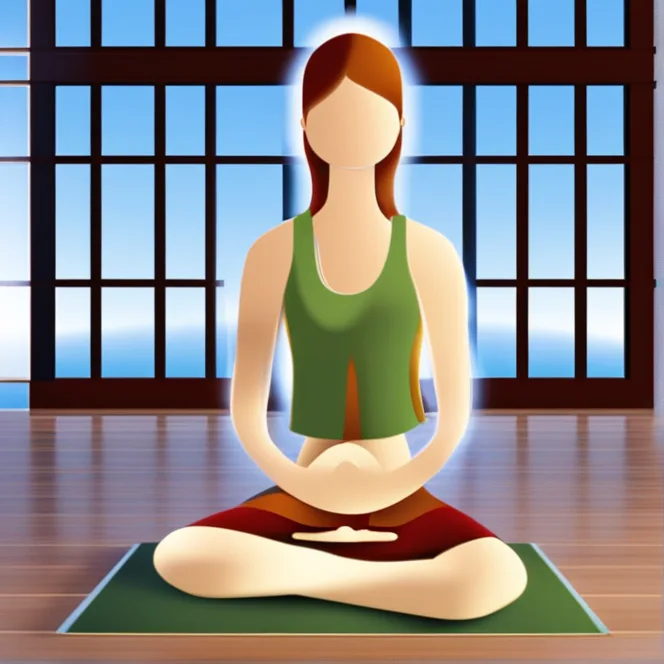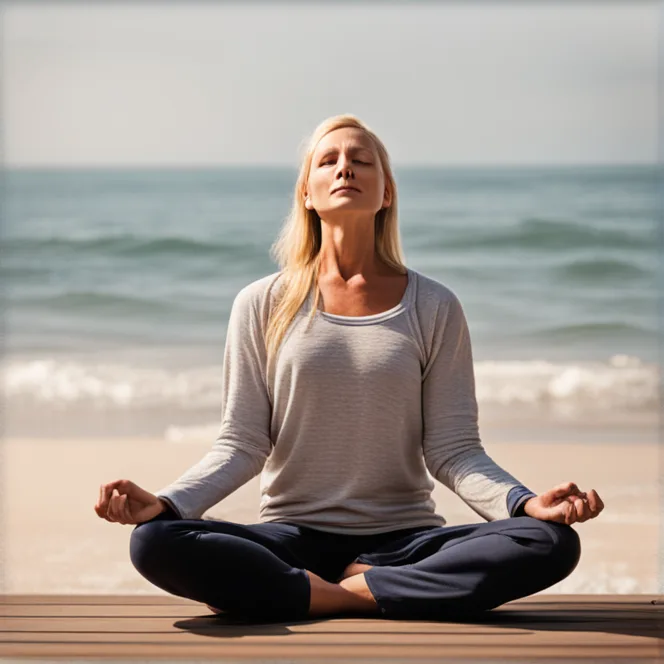
Meditation: More Than Just Relaxation
Explore how meditation transcends basic relaxation to offer a myriad of psychological and physical benefits.
article by Hina Kurosawa
Defining Meditation
Meditation, often perceived merely as a relaxation technique, is in fact a profound practice that can transform mindfulness and well-being. At its core, meditation involves the intentional regulation of attention and the cultivation of awareness. It has been practiced for centuries across various cultures and traditions, each adding its own nuances to the process. While relaxation is a common by-product of meditation, it is not the sole purpose. The practice encourages individuals to connect with their inner selves, leading to enhanced self-awareness and a sense of peace that permeates beyond the meditation session.

The Relaxation Response
The relaxation response is a physiological state opposite to stress, often associated with meditation. It is characterized by a decrease in heart rate, blood pressure, and muscle tension. Dr. Herbert Benson, a pioneer in mind-body medicine, emphasized how meditation elicits this response and helps counteract the detrimental effects of stress. While this aspect of meditation provides significant health benefits and relaxation, understanding meditation as a purely stress-reduction tool limits its profound impact on one's mental and emotional landscape.

Stress Reduction and Beyond
Meditation's stress-reducing qualities are well-documented, making it an attractive relaxation technique. Regular practitioners experience a reduction in anxiety and an improvement in mood. However, meditation also promotes increased concentration, greater emotional resilience, and an improved ability to cope with challenges. It equips individuals with tools to manage their reactions to stress rather than merely reducing stress levels, pointing to a more holistic approach to well-being.

Cognitive and Emotional Benefits
Moving beyond relaxation, meditation has cognitive and emotional benefits that reshape how we interact with our thoughts and feelings. It can enhance our ability to maintain focus and can even alter brain structure in areas related to attention and emotional regulation. Meditators often report increased empathy and compassion as well as a decline in feelings of loneliness. These benefits suggest that meditation is not just a pause from daily stressors but a fundamental exercise in cultivating a healthier, more compassionate mindset.
Physical Health Improvements
The influence of meditation on physical health extends beyond mitigating stress. Research has shown potential benefits such as improved immune function, better pain management, and ameliorated symptoms of various health conditions. For some, meditation serves as a complementary approach to traditional medicine, offering a non-pharmacological method to enhance overall health. This illustrates the role meditation plays in fostering an integrative view of health, where the mind and body are seen as interdependent.

A Path to Self-Discovery
Meditation is also a means of self-discovery and personal growth. As a practice that encourages introspection, it helps individuals uncover deep-seated patterns of thought and behavior. This insight can be transformative, leading to personal changes that resonate far beyond the time spent in meditation. With its ability to foster self-awareness and self-compassion, meditation paves the way for a more authentic and fulfilling life experience.
Integrating Meditation into Daily Life
While the benefits of meditation are extensive, the true power of the practice is realized when it is integrated into daily life. Meditation is not meant to be an escape from reality but rather a tool that enhances our engagement with the world. By making meditation a regular practice, individuals can harness its benefits consistently, leading to lasting changes in stress management, health, and self-awareness.
Published: 12/6/2023
Modified: 12/6/2023
More predictions
Come back here soon to learn more about yourself and your future


Meditation & Martial Arts: The Inner Fight
Martial arts have long been celebrated for their physical prowess and combat techniques, but beneath the surface lies a profound connection with the mind. The synergy between meditation and martial arts is a marriage of discipline, focus, and self-awareness that transcends mere combat. In this exploration, we delve into the world where inner and outer strength converge, uncovering the role of meditation in the practice of martial arts.


Meditation & Therapy: Complementary Or Alternative?
Explore the potential of meditation in relation to traditional therapy, its benefits, limitations, and the possibilities of integrating both practices for mental wellness.


Meditation vs Therapy: A Complementary Approach
Explore if meditation can stand in for therapy and how these practices might work together for mental well-being.